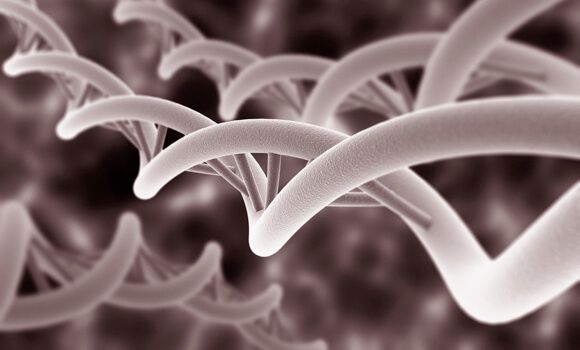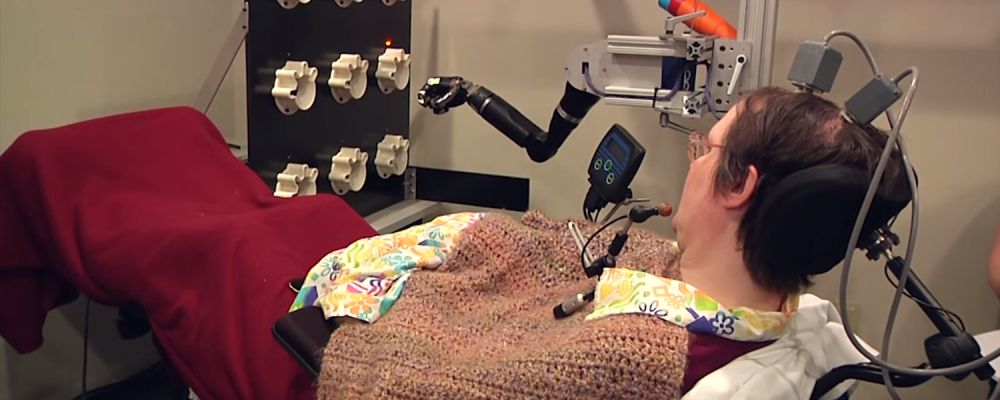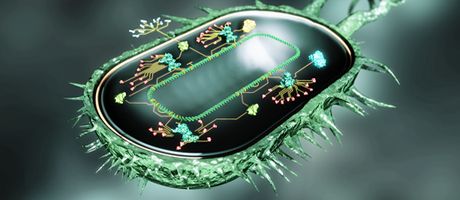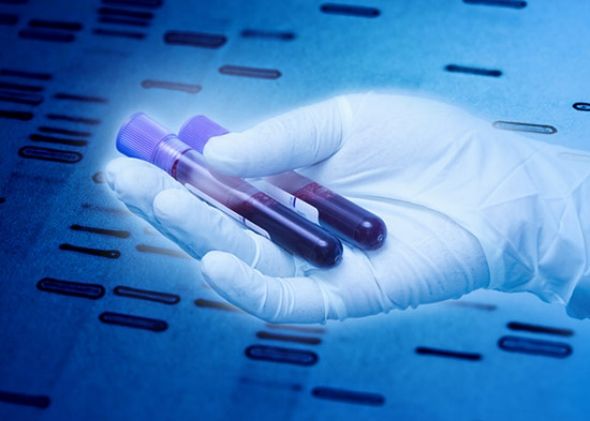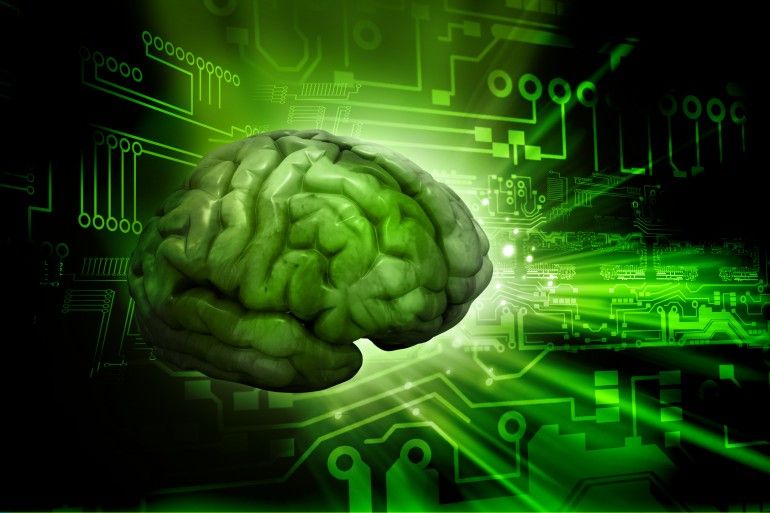Jan 26, 2015
A Brain-Computer Interface That Works Wirelessly
Posted by Seb in categories: biotech/medical, cyborgs, neuroscience
By Antonio Regalado — MIT Technology Review
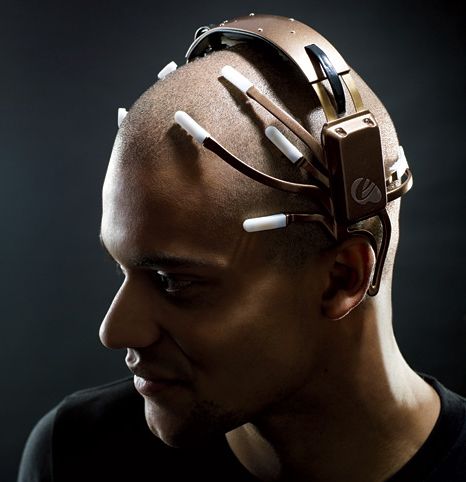 A few paralyzed patients could soon be using a wireless brain-computer interface able to stream their thought commands as quickly as a home Internet connection.
A few paralyzed patients could soon be using a wireless brain-computer interface able to stream their thought commands as quickly as a home Internet connection.
After more than a decade of engineering work, researchers at Brown University and a Utah company, Blackrock Microsystems, have commercialized a wireless device that can be attached to a person’s skull and transmit via radio thought commands collected from a brain implant. Blackrock says it will seek clearance for the system from the U.S. Food and Drug Administration, so that the mental remote control can be tested in volunteers, possibly as soon as this year.
The device was developed by a consortium, called BrainGate, which is based at Brown and was among the first to place implants in the brains of paralyzed people and show that electrical signals emitted by neurons inside the cortex could be recorded, then used to steer a wheelchair or direct a robotic arm (see “Implanting Hope”).
